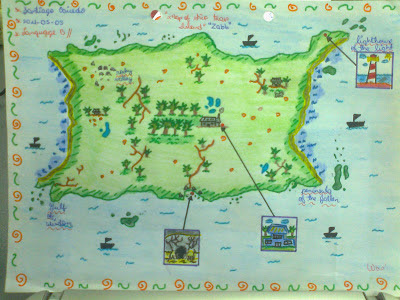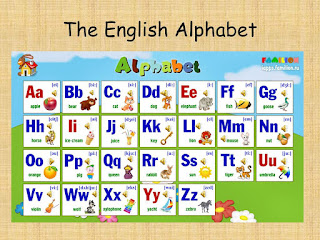Dr. Melvin Clark, Educator and Motivator. An Interview. (1)
Biopic: Dr Clark von Heller, born in North Carolina. BA, MA, DEd. Author ESLDoxography, Clarkheller Collection, ESL Multilevel Handbook. Married, no children, 55 years old. Lives on Texas Mexico border since 1980. Professor of Writing South Texas College, McAllen, TX
 Note: I met Melvin Clark back in 2002 in the United Kingdom when we attended a training course in Exeter college. We were part of a big group but as years passed the only person I am still in contact with is Melvin. I have always been impressed by his qualities as both a person and as an educator. Melvin is an ESL educator. author and more importantly an inspiration and a good friend.
Note: I met Melvin Clark back in 2002 in the United Kingdom when we attended a training course in Exeter college. We were part of a big group but as years passed the only person I am still in contact with is Melvin. I have always been impressed by his qualities as both a person and as an educator. Melvin is an ESL educator. author and more importantly an inspiration and a good friend.
This interview is broken down in two parts.
1. Tell us about your experience as an educator. Why did you choose to be a teacher? When did you start? What are the highlights of your career?
Teaching has always been a natural endeavor for me since my mother served as a solid role model. She was my piano teacher when I was a child and also taught me how to cook, following recipes with precise mathematical skills used, etc. She always attempted to do things “by the book.” I, however, wanted to improvise on everything! We clashed often. Eventually she realized this characteristic in me and allowed me to branch out and away from her teaching style.
I developed a teaching style which could be described as “global” in that I like to see the entire picture of something, even when I first attempt a project or even read a short story. I MUST turn to the end to see how it ends. Then I can “breathe” and return to the beginning.
ltural ethnic group within the USA—the Mexican-Americans. These are people of Mexican descent who live in the USA, usually along the Mexican border. When I was a freshmen in college I was asked to help in a little Ba
Teaching opened many doors for me, including causing me to become more caring for others. I am always concerned when someone does not have the knowledge about something that I do. I want to “teach” them immediately!
The highlights of my career have been to work with another cuptist church as they provided bilingual Vacation Bible School lessons. This was the most thrilling moment of my life! I instantly realized that here was a people that needed my skills both in language and in music. I decided then and there (in 1971) that after university I would dedicate my life to these beautiful people and so I have! Today I still teach Mexican-American youth the glories of English language and literacy. This is the highlight of my career. 2. You are not only an educator but also a writer. What is the philosophy behind your books? What is the message you want to convey?
Every Sunday afternoon my mother would carefully and conspicuously retrieve her writing materials and fountain pen out of her private closet. Spreading out the materials carefully on the dining table, she would meticulously begin her “correspondence” for the week to her sisters and other relatives in England and South Carolina.
For us children, this was one of the most momentous times of the week. We were not allowed to bother her, ask a question, or EVER touch her writing materials! Her love for the art of writing was unbelievably exciting to us! She instilled within us the sanctity and sheer necessity of learning to write English language well; education was never a chore; it was paramount to our success in life.
Years later, after touring the Egyptian and Roman ruins of the ancient world, I realized the “glory” that the ancients placed within their joy of literacy. I was so impressed with the hieroglyphics and articulated skill of their writing that I developed a philosophy of writing called “Doxography,” the glory of writing and the joy of literacy! I published this EFL guide in 2006 and have sold over 1000 copies as of this writing.
The message I want to convey in this text is the tremendous privilege it is to write, to speak, to read, i.e., to be literate! O the glories of decoding written messages!
Imp of English…
3. Unlike what many predicted in the past, learning English has become even more important. From your unique perspective, what is the explanation for this phenomenon? Do you think it will be different in the near future?
English language is the most POWERFUL language on earth! Although highly irregular and incredibly illogical in formation and phonics, it is yet the most popular language as well. The British Empire carried English around the globe and after the 1950’s the rise of the USA, the Americans carried it to even more remote places, eventually turning it into a virtual international language!
The importance of speaking, reading and writing the English language is paramount to the success of any entrepreneur, enterprising student, or aspiring communicant on the journey of success in the modern world! English is without doubt a modern phenomenon, especially in viewing its disjointed history and lack of a real, viable alphabet. After all, we use the Roman alphabet, trying to justify the awful-sounding Germanic (Anglo-Saxon) sounds which of course, simply do not work! 44 sounds for 26 letters? You do the math! It doesn’t add up.
(Continued next entry)
(Continued next entry)



Comments